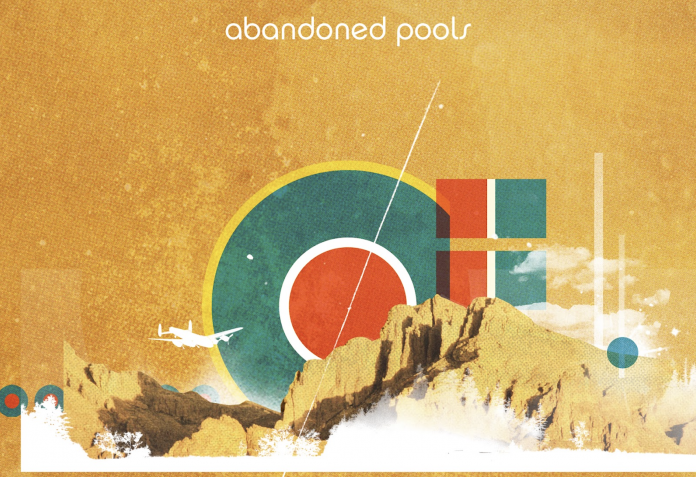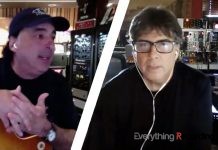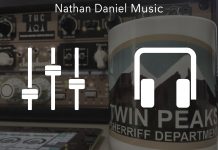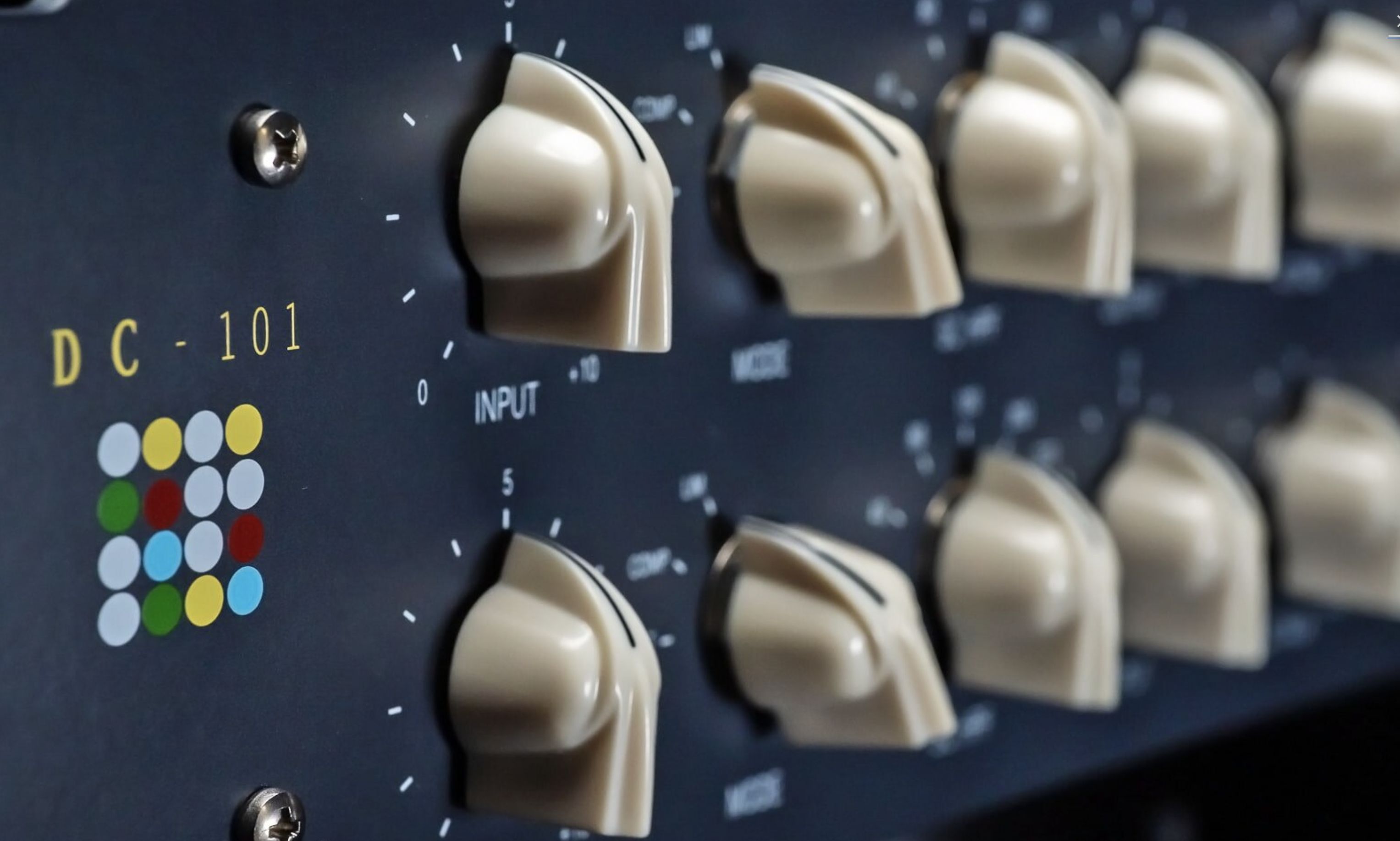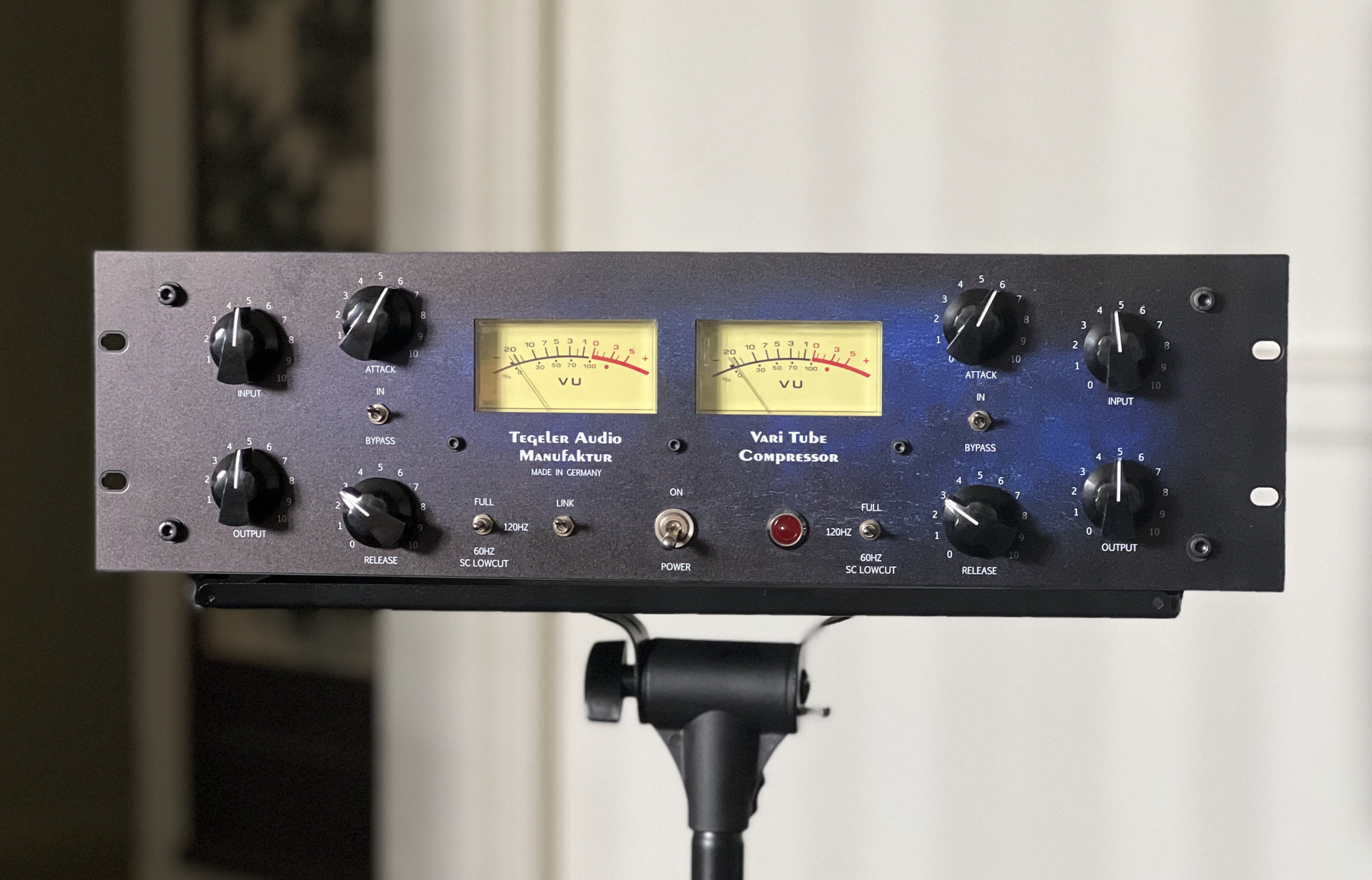I’ve been a huge fan of Abandoned Pools since their first album Humanistic. Today, Tommy is releasing his long awaited third full length album Sublime Currency and was generous enough to give us an exclusive interview.
What makes this particular interview perfect for this site is that Tommy writes, tracks, produces, engineers, and mixes the project from start to finish. Very rarely do you see an artist that versatile and committed to putting out the most pure version of their art. The end result is nothing less than spectacular.
ER: First off congratulations on another Album. After “Armed to the Teeth” I was sure that you were pretty much done with the Abandoned Pools Franchise. I think I recall reading a couple of the Myspace Blog Posts you had sent a little while after that album had come out that made me think you were ready to hang up your hat. What happened to get you back to another Abandoned Pools Album?
TW: I’ve been writing for AP over the years and just felt like it was time. The fans were consistently asking for another album too, so I knew I wouldn’t be doing it for nothing.
ER: How did you end up joining forces with Tooth and Nail Records?
TW: Simply, my manager met the A&R rep at SXSW. We sent him some new music and that was that. He was already familiar with Humanistic.
ER: They’ve been around for a lot longer than most people know. I remember back in the mid 90’s they were the label that would sign the “edgy” Christian bands that didn’t fit the current contemporary Christian sound. How did it feel coming into a label that has a primarily Christian background?
TW: My first thought was that I hoped my music could be inspiring to a Christian audience as well. Some fans may listen to Armed To the Teeth and get the wrong idea about me.
ER: Did they place any suggestions or ask you to steer away from any topics that may come across controversial to listeners?
TW: No, it was never discussed. Though they did ask if I would shave for the photo shoot. I’m not sure how being clean shaven makes you more acceptable to Christians. Jesus had
beard, after all.
ER: You’ve seemed to experience all sides of the music business, from major label to self releases. In your experience, what advice would you give the new artist trying to get their music to the masses without getting to the point where it feels like a constant battle?
TW: A new artist shouldn’t try to get everyone’s attention at first, they should be focused on writing solid songs. It takes years, so take the time and dedicate yourself. Once you feel ready, wait longer and work on it some more, because you’re probably still not ready. You want to put your best foot forward.
ER: One of your advantages in the music business is you play multiple instruments, write, record, mix, and produce. How long have you been involved in the recording and mixing aspect?
TW: It’s been about ten years since I’ve taken on a bigger role in production. But this is the first AP album that I’ve produced and mixed entirely on my own. I had a great recording engineering, Mitch Lerner, working with me when we tracked drums which was really helpful. If your source isn’t good, then you’re in trouble.
ER: Did you intern at studios or have any mentors through the way?
TW: No, I’ve picked up things over the years, just from working on various projects in addition to my own. I’ve learned quite a lot from working with other producers and mixers. My time working with Neal Avron on a project was really helpful. We got along great and I was really impressed by the way he hears things, for lack of a better way of saying it.
ER: So no drum replacement software was used on the drum tracks?
TW: No, but there are some drum machines going on in the background sometimes.
ER: That’s impressive. Most new releases are riddled with replaced tracks and you lose the original feel that the session drummer was trying to convey.
ER: I read in the bio that you pretty much handled all of the aspects of this album just like Humanistic. I’ve had to do that on several releases for some artists that had the framework for the music but no vehicle to make it happen. At any times did you feel wearing all of the “hats” was a double edge sword? Meaning sometimes having someone else play a certain part to add a different perspective or viewpoint on your work, or even over thinking something that otherwise sounds perfect to everyone else.
TW: It can be easy to lose perspective since I don’t have other people around to give me immediate feedback. A few days away from a particular track usually restores that. But I prefer working alone because I can be more focused and not worry about who’s happy and who’s not. Next time around I may have someone help me record vocals. That’s the most difficult for me to judge.
ER: Was there ever a time you felt you couldn’t get the mix where you wanted and got to the brink of bringing someone else in to mix?
TW: I thought about it. It’s good to have a fresh perspective brought to the table. But I wanted to see the project through to the end. There are certain decisions made during the mix which can be as important as song writing.
ER: Your music seems to be composed of a large amount of small layers and parts that all work to make one big track instead of the common overdone method of just singing over pronounced chords. What is your thought process from the start of writing a song like this?
TW: I don’t like writing a song with an acoustic guitar in my lap. I end up playing the same chords I always do. I like to start in Ableton Live with a sample that I can manipulate because it immediately sounds like a song rather than just harmony and melody. It’s inspiring to me.
ER: I read that you’ve recently got married? Congrats! Has any of that changed your song writing process.
TW: Thanks. It hasn’t changed my song writing process but it’s certainly been good for me personally. Sometimes things that I discuss with my wife end up as topics for songs.
ER: I’ve been listening for quite a long time and have always felt a sense that your music conveyed a certain feel. The only way I could categorize it is “a sad reflective hope where it’s better but it took a lot to get to that point.” Do you use a lot of lessons learned to write your music?
TW: In some ways, yes, but it’s really just something that happens naturally. I can’t help but be melancholy, it seems.
ER: Sublime Currency is definitely a step in a different direction from your last two albums. I feel the first album had a lot to do with figuring things out, the second album seemed to deal with the frustrations of your own internal struggle and loss, but Sublime Currency has a feel of acceptance with an overall “being good with how things are.” Were those some of the things you were trying to convey? It has a very positive vibe to it while still having that hint of past experiences.
TW: I think it’s just reflective of my life now. I went through some struggles and I’ve reached the other side. I’ve learned a lot from adversity. It’s not that I plan on conveying that, it just happens automatically.
ER: One of the songs I keep going back to is “Unrehearsed”. I think its definitely a new side of Abandoned pools. What is the background on that song?
TW: It grew out of what I was doing with Oliver the Penguin. I started it with programming in a similar manner. I’ve actually had the pre-chorus and chorus ideas around for a few years and finally started programming around the chord changes.
ER: And if you had to pick a song on this album that you would want everyone to connect with the most, what would it be?
TW: Probably Behemoth. It’s my favorite track on the album.
ER: I know that voice on “From Long Sleep” but can’t put my finger on it.
TW: Her name is Paris Carney. She writes and sings her own music too.
ER: You own your own studio (LQP Studios). What type of gear are you primarily using?
TW: It’s very basic, since I do a lot of the drum tracking in other studios. My main pre-amp is the Focusrite ISA 430. I’ve used other pre-amps but always came back to the Focusrite. I mix on Genelec 1030As. Apple OS, of course, with ProTools. My favorite vocal mic is the Rode Classic II. For guitars, I use a royer 121 or a shure 57. I mix in the box. I’m not much of a gear hound. I think you can get lost in that.
ER: I’ve found myself lately using multiple DAWs in different stages of songwriting and recording. Do you stick to one particular one or have different programs for different uses along the path of creating a song?
TW: I record and mix in ProTools but use Ableton Live for programming. I’ve used Logic on some commercials spots before.
ER: You incorporate some pretty technical Orchestral and Synth parts into your music. What types of synths or virtual instruments do you usually reach for to get the Abandoned Pools sound?
TW: For strings, I use either samples of past strings session I’ve done, or, for specific parts, I use Garritan Personal Orchestral. For everything else, I mostly make my own synth sounds in Ableton using very basic waveforms or samples. I’ve used Analog Factory as well.
ER: While we’re on the topic of the Abandoned Pools sound, a few of my friends that record their own stuff always point to the fact that you have a signature guitar tone they want. Your clean / overdriven tracks sit right where they should and your heavier guitar somehow magically doesn’t mud up the track. Care to divulge some tips on tracking guitars?
TW: With the heavier guitars, I make sure that they’re different tone qualities; either different amps or guitars or pedals. If you have two of the exact same, they can really get muddy. Otherwise, it’s as simple as moving the mic around until it sounds good. My Jazzmaster is a bright guitar, and my Fender Twin a bright amp, so for that combination I keep the mic off axis and use the Royer instead of a 57. If the track has a lot of guitar parts, I use less distortion and reverb on each part knowing that it will add up over time.
ER: (for an example of his perfect use of mixing heavy guitars, check out the song 9 Billion).
ER: What’s the craziest mixing or recording technique you’ve used to get the sound you want? i.e.: a miking technique or weird piece of equipment used.
TW: Sorry to disappoint, but the craziest technique has probably just been mic-ing hallways or other rooms far from the source to get a good reverb.
ER: What is your go-to vocal chain?
TW: I usually use cascading compressors rather than one heavy compressor. It’s something like this: Digidesign EQIII, Waves C4, Waves RVox, Waves D-Esser, Cranesong Phoenix and then bus to a subtle doubler. Sometimes I use the SSL comp first in the chain too.
ER: When making alternative music, most artists want to preserve the analog state of the music. Do you subscribe to the purist approach to mixing or do you prefer mixing “in the box”?
TW: I’m not a purist at all. I use the Slate VCC. I consider it essential for in the box mixing.
ER: (And that right there was the final push after hearing only great things about Slate VCC. I’m buying it. Review coming soon.)
ER: What ever ended up happening with the Glacier Hiking project?
TW: It was a project that had some built-in limitations from the start. It just ran it’s course and never took off. We made an album but it will probably never see the light of day. I’m ok with that.
ER: Well, at least you got a hilarious Jay Leno piece from SXSW out of it. I’d post the link but can’t find it.
ER: Are there any bands right now that you are producing or has it mostly been working on this current release?
TW: I’m working with Bryce Soderberg. He’s the bass player in Lifehouse but he has his own project.
Guys, the album is great. I won’t go too far into trying to sell the album because as Abandon Pools says on the second track, “Hype is the enemy of everything that’s beautiful.”
To buy the album click HERE. You WON’T regret this one. He’s even been generous enough to sell it for $7.99 on iTunes.



